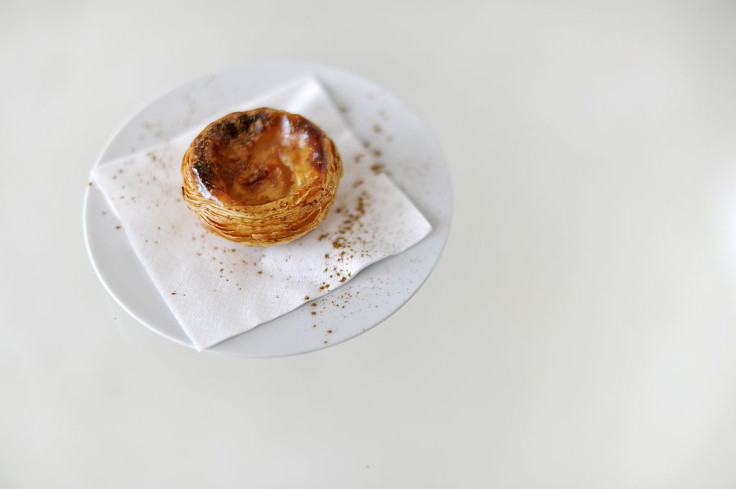The Benefits Of Cinnamon May Extend To Brain Power: How The Spice Helps Improve The Learning Process

Imagine if all you had to do to unlock a better way to learn was sprinkle a delicious topping onto your food? A team of researchers from Rush University Medical Center believes ground cinnamon will do the trick to transform a poor learner into a good one. Their findings, published in the Journal of Neuroimmune Pharmacology, reveal how the simple household spice is able to improve a vital protein that’s key to memory and learning.
"This would be one of the safest and the easiest approaches to convert poor learners to good learners," said the study’s lead researcher Kalipada Pahan, a neurology professor at Rush University Medical Center, in a statement. "Understanding brain mechanisms that lead to poor learning is important to developing effective strategies to improve memory and learning ability."
For the study, Pahan and his team zeroed in on two proteins located in the hippocampus region of the brain known as GABRA5 and CREB. Previous research has shown that poor learners have lower levels of GABRA5 and higher levels of CREB, both of which play key roles in learning and memory.
Knowing this, researchers took a group of mice that had impaired learning ability and placed them in a maze and timed them to see how long it would take them to find the exit. Next, they fed the mice doses of cinnamon every day for a month and then placed the mice into a different maze with the same level of difficulty and found they were able to navigate out twice as fast as before they were fed cinnamon.
Pahan explained that when cinnamon is digested, the body converts it into sodium benzoate, which promotes healthy neurons that are essential to learning. However, when researchers repeated the experiment with mice that were considered good learners, there was no significant improvement in their ability to escape the maze.
"We have successfully used cinnamon to reverse changes that occur in the brains of mice with poor learning," Pahan said. "Individual difference in learning and educational performance is a global issue. We need to further test this approach in poor learners. If these results are replicated in poor learning students, it would be a remarkable advance."
This isn’t the first time cinnamon has proven itself to be a natural brain booster. In 2014, Pahan and his team also found cinnamon had the ability to halt disease progression in mice with Parkinson’s disease. When cinnamon metabolized into sodium benzoate, it worked to protect the neurons, normalize brain cells, and improve communication within the brain. Because of the study’s promise, the National Institutes of Health provided grants for the research, which Pahan and his team plan on moving forward with testing in human Parkinson’s disease patients.
“This could potentially be one of the safest approaches to halt disease progression in Parkinson’s patients,” Pahan said: “It would be a remarkable advance in the treatment of this devastating neurodegenerative disease.”
Source: Pahan K, Modi KK, Rangasamy SB, and Dasarathi S. Cinnamon Converts Poor Learning Mice to Good Learners: Implcations For Memory Improvement. Journal of Neuroimmune Pharmacology. 2016.
Published by Medicaldaily.com



























